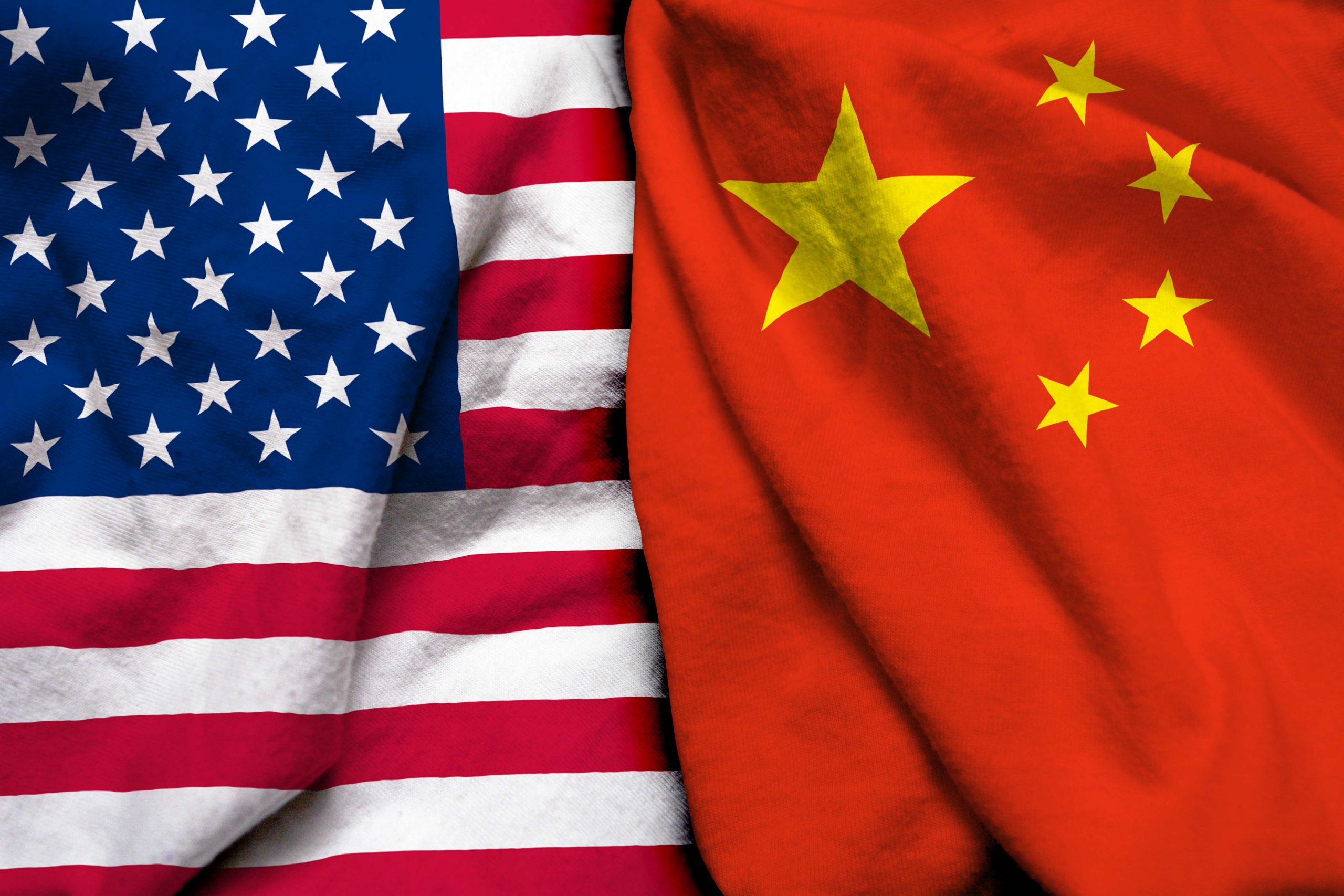The discussion about conflicts is becoming a recurrent feature in today’s world. Almost two years have passed since the beginning of the war in Ukraine. Hostilities continue and there is no prospect of an agreement to bring them to an end. The situation in the Middle East looks similarly grim. The October 2023 terrorist attack of Hamas against Israel was followed by an extensive war in the Gaza Strip. Palestinian families experience another tragedy, and the possibility of a two-state solution does not look realistic under current circumstances.
The risk of escalation is not to be ignored either. The passage of vessels in the Red Sea has become highly dangerous. Houthi militants use violence and take control of commercial ships, while the US and some of its allies have opted for the bombardment of some Houthi’s targets in Yemen. In the interim, relations between the USA and Iran have entered a trajectory of high tensions. Also, conflicts in other parts of the world persist. Sudan constitutes an example.
Wars are nothing new in the history of international relations. But the general environment, where wars are fought, can differ per historical juncture. A lemma that could successfully portray the status of international affairs in today’s epoch is that of ‘disorder’. A few months before his death, Henry Kissinger had spoken about a degree of instability similar to that before of the outbreak of World War I.
The US prioritizes China in its strategy. It perceives the Asian giant as a threat and attempts to use all possible means to prevent a situation where its power might be contested. In so doing, it finds it particularly hard to mediate in other parts of the world, forge solutions and stop conflicts. While the American military superiority is incomparable, its capacity to exercise leadership lacks the luster of previous decades.
China, for its part, sees that its development has been paired with unprecedented international responsibilities which go beyond contributions to world growth and trade. It has already scored a significant foreign policy success, namely the re-establishment of diplomatic relations between Iran and Saudi Arabia, and is striving to play a role in other fronts. Although China is not to be blamed for the wars in Ukraine and in the Middle East and is not deeply involved, its gravity for potential solutions matters.
Sino-American cooperation is the desideratum, but suspicion prevails. The US endeavors to persuade its partners join the chorus against China, whereas China finds it easier to work together with the so-called ‘Global South’ than with the West. These tendencies torpedo collaboration opportunities. Without a modus vivendi, a type of dichotomy in the world will be the outcome.
Both the USA and China realize risks. That is why they talk to each other. A few days ago, the third meeting of the bilateral economic working group was held in Beijing. This had been preceded by a meeting between National Security Adviser Jake Sullivan and Foreign Minister Wang Yi in Bangkok. More needs to be done. If no sentiment of stability is injected into the international system, world peace will be in jeopardy. The signals of ‘disorder’ are already strong, whereas the alarm does not only sound in conflicts mentioned above but also in several other cases including the Korean Peninsula imbroglio.
*Dr George N. Tzogopoulos is Lecturer at the European Institute of Nice (Cife), a Senior Fellow at the Hellenic Foundation for European and Foreign Policy (ELIAMEP), and an Analyst at the Begin Sadat Centre for Strategic Studies (BESA).



